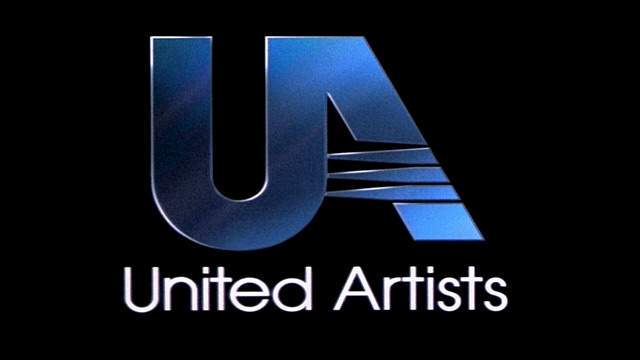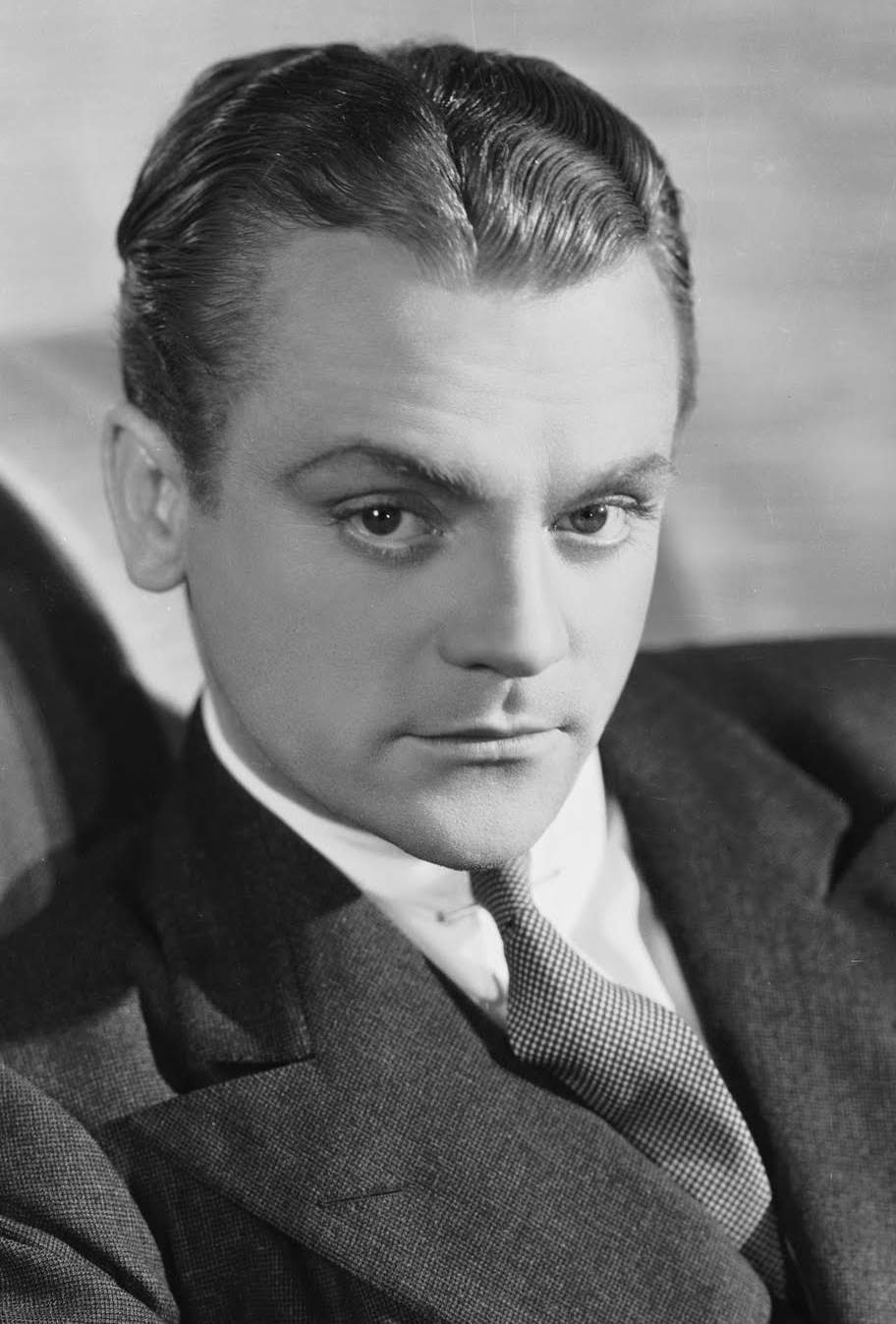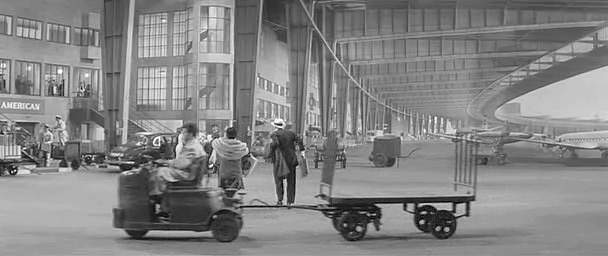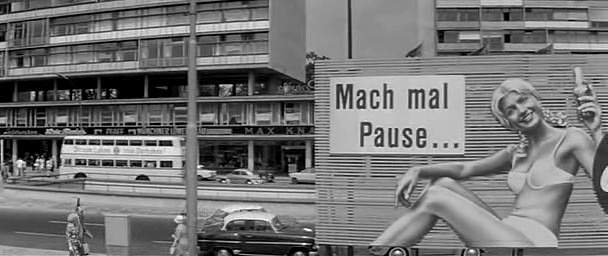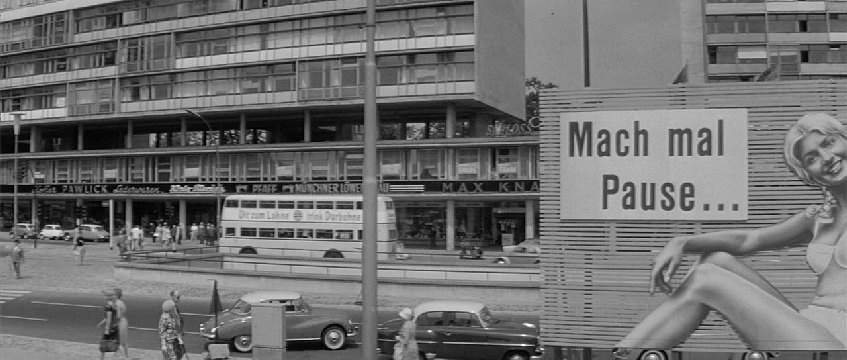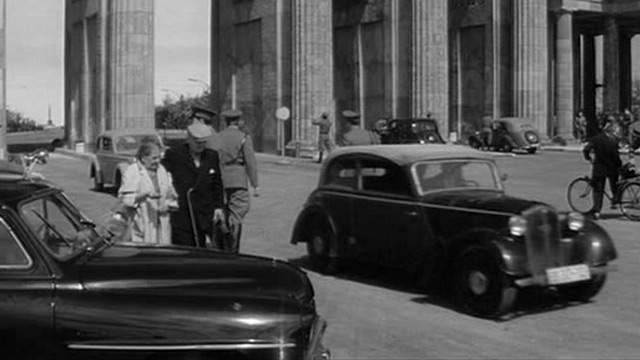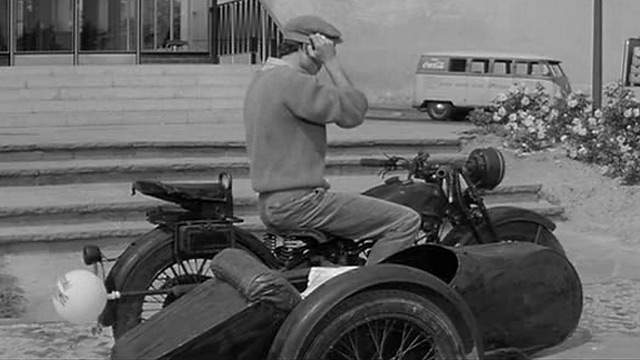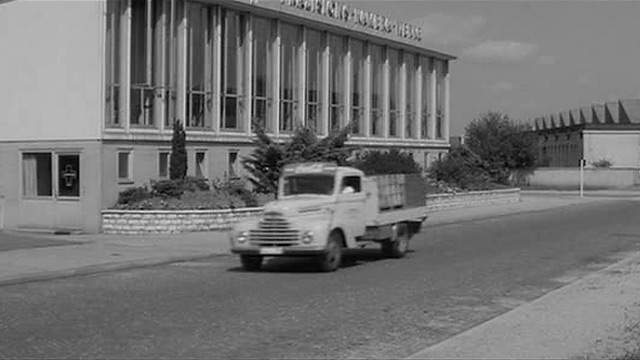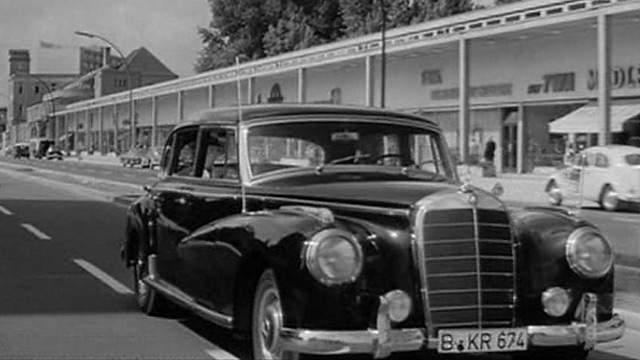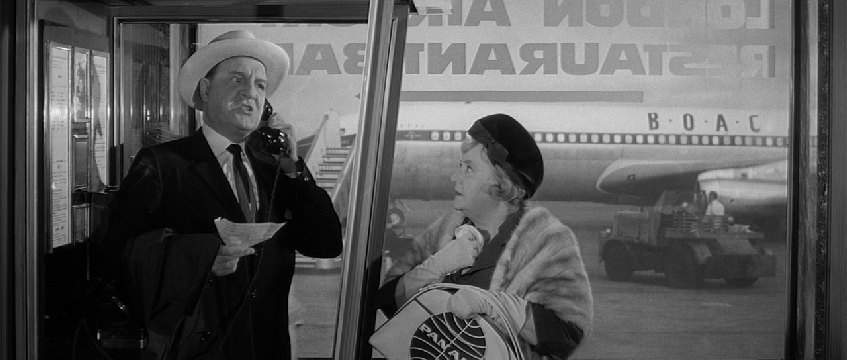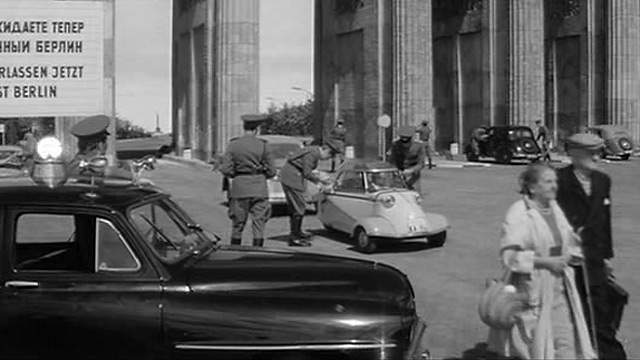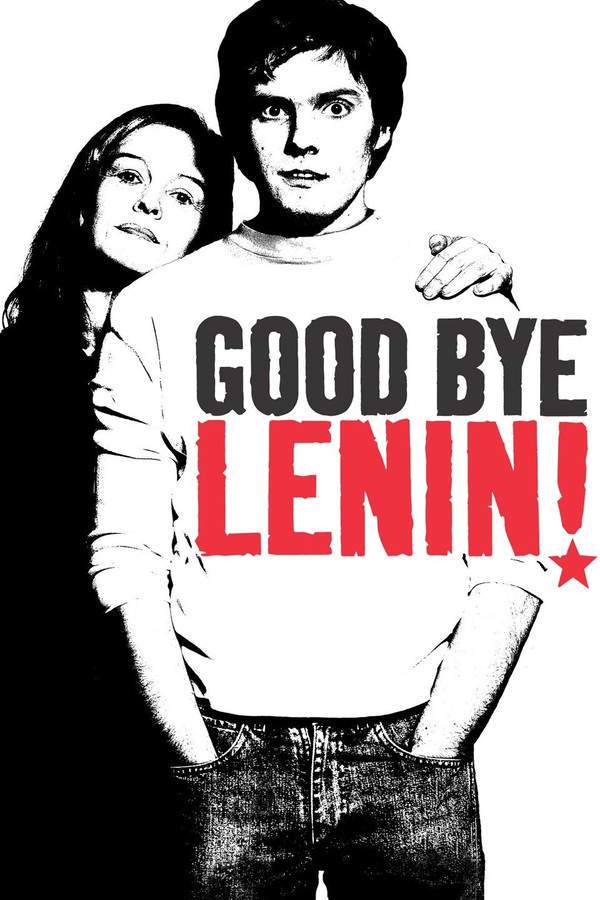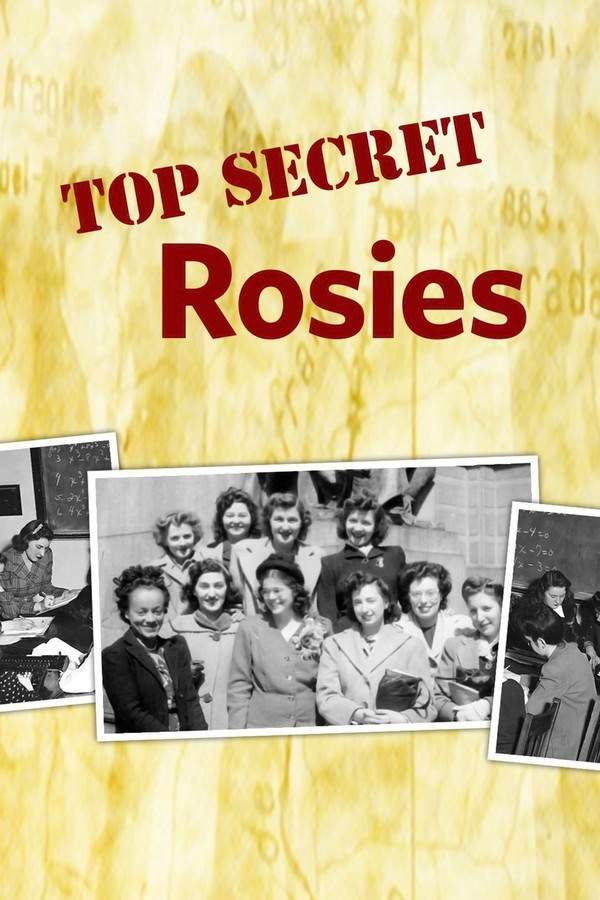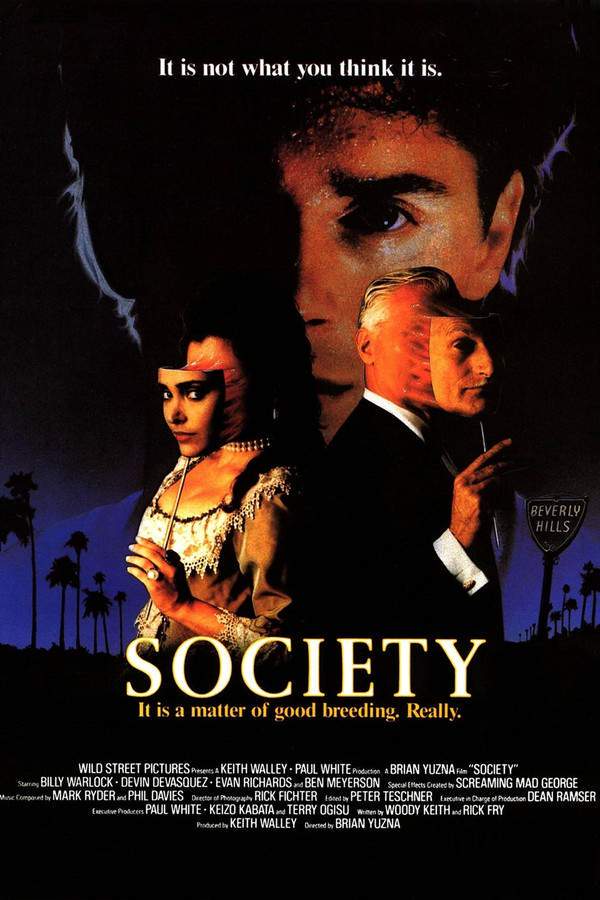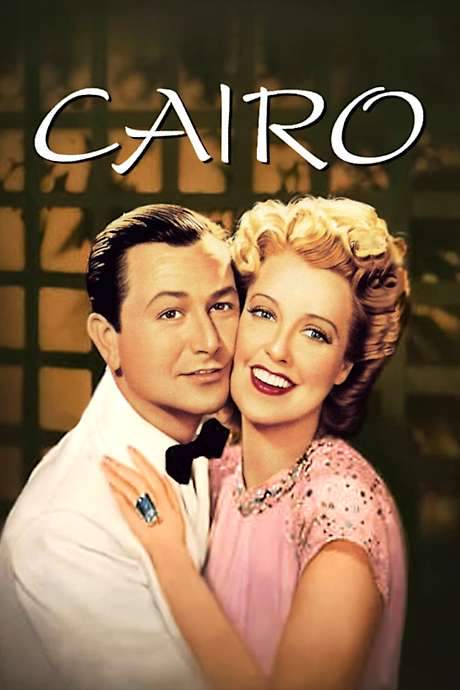One, Two, Three 1961
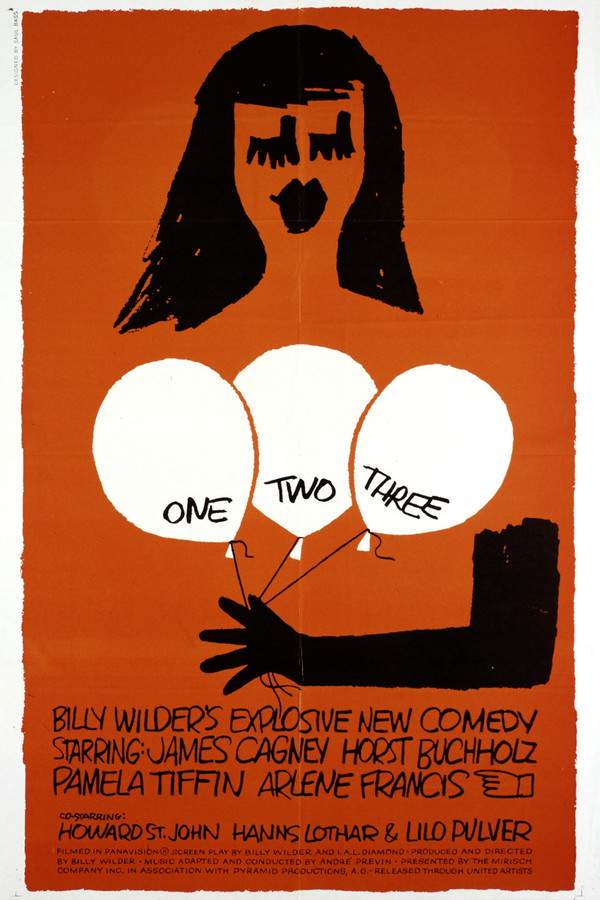
A Coca-Cola executive, C.R. MacNamara, hopes to secure a promotion and is tasked with babysitting his boss’s daughter, Scarlett, in Berlin. However, Scarlett harbors a secret: she’s married to Otto Piffl, a communist. This unexpected revelation throws C.R.’s ambitions into disarray and leads to a series of humorous complications as he tries to navigate the delicate situation and keep his career on track.
Does One, Two, Three have end credit scenes?
No!
One, Two, Three does not have end credit scenes. You can leave when the credits roll.
Meet the Full Cast and Actors of One, Two, Three
Explore the complete cast of One, Two, Three, including both lead and supporting actors. Learn who plays each character, discover their past roles and achievements, and find out what makes this ensemble cast stand out in the world of film and television.
External Links and Streaming Options
Discover where to watch One, Two, Three online, including streaming platforms, rental options, and official sources. Compare reviews, ratings, and in-depth movie information across sites like IMDb, TMDb, Wikipedia or Rotten Tomatoes.
Ratings and Reviews for One, Two, Three
See how One, Two, Three is rated across major platforms like IMDb, Metacritic, and TMDb. Compare audience scores and critic reviews to understand where One, Two, Three stands among top-rated movies in its genre.

73
Metascore
8.0
User Score


88%
TOMATOMETER

87%
User Score

7.8 /10
IMDb Rating

75
%
User Score
Take the Ultimate One, Two, Three Movie Quiz
Challenge your knowledge of One, Two, Three with this fun and interactive movie quiz. Test yourself on key plot points, iconic characters, hidden details, and memorable moments to see how well you really know the film.
Quiz on 'One, Two, Three': Test your knowledge of the classic 1961 film 'One, Two, Three' featuring James Cagney.
Who is the main character in 'One, Two, Three'?
C.R. MacNamara
Hazeltine
Scarlett
Otto Piffl
Show hint
Awards & Nominations for One, Two, Three
Discover all the awards and nominations received by One, Two, Three, from Oscars to film festival honors. Learn how One, Two, Three and its cast and crew have been recognized by critics and the industry alike.
34th Academy Awards 1962
Cinematography (Black-and-White)
19th Golden Globe Awards 1962
Best Motion Picture – Comedy or Musical
Best Supporting Performance in a Motion Picture – Drama, Comedy or Musical (Supporting Actress)
Pamela TiffinFull Plot Summary and Ending Explained for One, Two, Three
Read the complete plot summary of One, Two, Three, including all major events, twists, and the full ending explained in detail. Explore key characters, themes, hidden meanings, and everything you need to understand the story from beginning to end.
In what would mark his final leading role, James Cagney portrays C.R. MacNamara, a Coca-Cola executive tasked with overseeing the company’s West Berlin branch. His aspirations for a promotion to London lead him to seek the approval of his boss, Hazeltine, who commands him to look after his care-free daughter, Scarlett. As time progresses, an unexpected twist unfolds: just before Hazeltine’s arrival, Scarlett reveals that she has wed a rather unsavory character, Otto Piffl, a Communist from East Berlin known for his poor hygiene.
In a series of comedic escapades, the clever MacNamara concocts a plan to have Piffl detained by the East Berlin authorities in hopes of annulling the marriage, only to learn that Scarlett is expecting a child. This sets off a frantic race against the clock, as he must orchestrate Piffl’s release and present him as a suitable husband for his now-pregnant daughter, all within a mere twelve hours. Simultaneously, MacNamara navigates the turmoil at home, trying to soften the blow for his wife, who has discovered his romantic entanglement with the alluring secretary, Ingeborg.
Billy Wilder’s film unfolds with a relentless pace, cleverly blending satire with farcical elements that critique a myriad of subjects—from Coca-Cola and Cold War tensions to societal prejudices and musical tastes of the era. While some of the humor might feel outdated and not all the jokes strike the right chord, Cagney’s captivating performance anchors this whirlwind of a narrative. The film exhibits a unique spark as it dives into a chaotic world brimming with absurdity and wit, showcasing a masterful blend of comedy and commentary.
Uncover the Details: Timeline, Characters, Themes, and Beyond!

Coming soon on iOS and Android
The Plot Explained Mobile App
From blockbusters to hidden gems — dive into movie stories anytime, anywhere. Save your favorites, discover plots faster, and never miss a twist again.
Sign up to be the first to know when we launch. Your email stays private — always.
Watch Trailers, Clips & Behind-the-Scenes for One, Two, Three
Watch official trailers, exclusive clips, cast interviews, and behind-the-scenes footage from One, Two, Three. Dive deeper into the making of the film, its standout moments, and key production insights.
Cars Featured in One, Two, Three
Explore all cars featured in One, Two, Three, including their makes, models, scenes they appear in, and their significance to the plot. A must-read for car enthusiasts and movie buffs alike.
One, Two, Three Themes and Keywords
Discover the central themes, ideas, and keywords that define the movie’s story, tone, and message. Analyze the film’s deeper meanings, genre influences, and recurring concepts.
One, Two, Three Other Names and Titles
Explore the various alternative titles, translations, and other names used for One, Two, Three across different regions and languages. Understand how the film is marketed and recognized worldwide.
Similar Movies To One, Two, Three You Should Know About
Browse a curated list of movies similar in genre, tone, characters, or story structure. Discover new titles like the one you're watching, perfect for fans of related plots, vibes, or cinematic styles.
Quick Links: Summary, Cast, Ratings, More

What's After the Movie?
Not sure whether to stay after the credits? Find out!
Explore Our Movie Platform
New Movie Releases (2025)
Famous Movie Actors
Top Film Production Studios
Movie Plot Summaries & Endings
Major Movie Awards & Winners
Best Concert Films & Music Documentaries
Movie Collections and Curated Lists
© 2025 What's After the Movie. All rights reserved.


